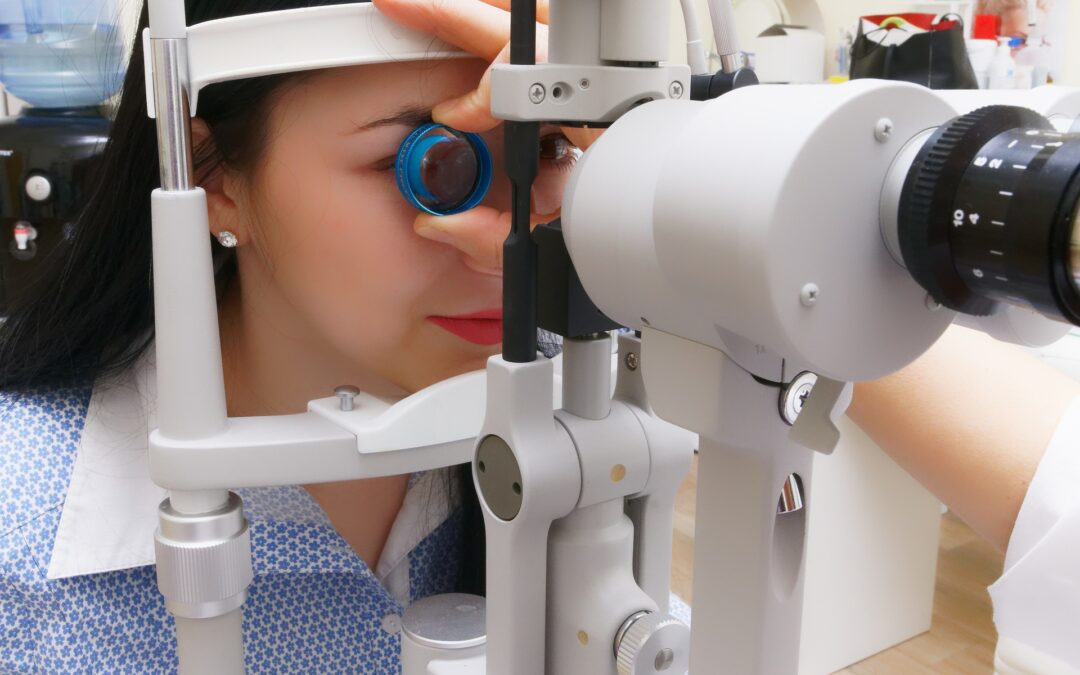November is Diabetes Awareness Month, a time dedicated to educating and raising awareness about the risks and complications of diabetes. One critical, yet often overlooked, aspect of diabetes care is eye health.
People living with diabetes are at a higher risk for severe eye conditions, including diabetic retinopathy, glaucoma, and cataracts, which can lead to vision loss or even blindness if left untreated. This makes comprehensive dilated eye exams essential for diabetes management.
A comprehensive dilated eye exam allows eye doctors to examine the retina, the light-sensitive tissue at the back of the eye, to detect any signs of damage caused by high blood sugar levels. During the exam, eye drops are used to widen (dilate) the pupils, allowing the doctor to get a clear view of the retina and optic nerve. This process can reveal early signs of diabetic retinopathy, the most common diabetic eye disease, which occurs when high blood sugar levels cause blood vessels in the retina to swell, leak, or close off, impacting vision.
Diabetic retinopathy can progress without symptoms, so regular dilated eye exams are the best defense against undetected damage. Detecting these conditions early allows for timely treatment options, such as laser therapy, medications, or surgery, which can slow or prevent vision loss.
The American Diabetes Association recommends that individuals with diabetes get a comprehensive dilated eye exam at least once a year.
In addition to annual exams, it’s essential for people with diabetes to manage their blood sugar, blood pressure, and cholesterol levels, as these factors all play a role in eye health. Staying on top of these metrics and scheduling regular eye exams can make a huge difference in preserving vision and overall quality of life.
This Diabetes Awareness Month, let’s spread the word about the importance of comprehensive dilated eye exams for those living with diabetes. Remember, early detection can save your sight!
Make an appointment for a dilated eye exam today and take a proactive step toward safeguarding your eye health.

